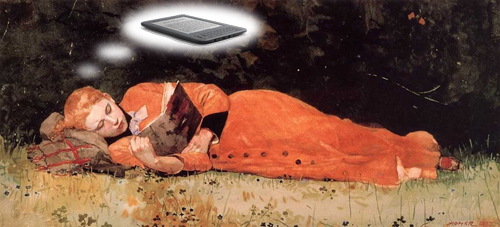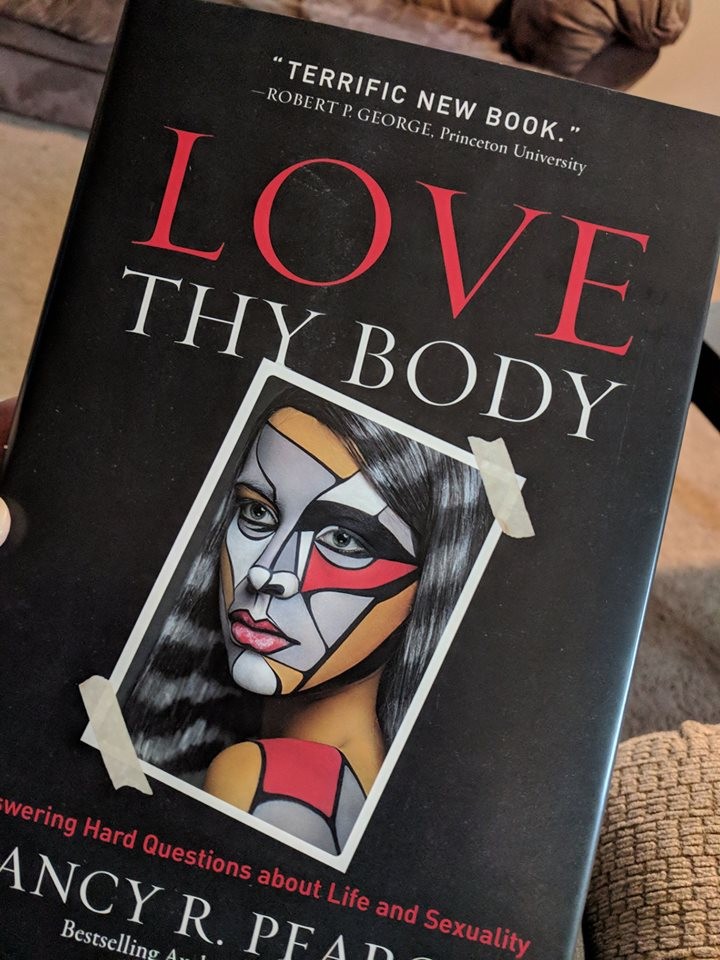Pathological — or “normal”?
In my study of growing up in a networked culture, I meet many children and teenagers who feel cast off. Some have parents with good intentions who simply work several jobs and have little time for their children. Some have endured divorce — sometimes multiple divorces — and float from one parent to another, not confident of their true home. Those lucky children who have intact families with stable incomes can experience other forms of abandonment. Busy parents are preoccupied, often by what is on their cell phones. When children come home, it is often to a house that is empty until a parent returns from work.
For young people in all of these circumstances, computers and mobile devices offer communities when families are absent. In this context, it is not surprising to find troubling patterns of connection and disconnection: teenagers who will only “speak” online, who rigorously avoid face-to-face encounters, who are in text contact with their parents fifteen or twenty times a day, who deem even a telephone call “too much” exposure and say that they will “text, not talk.” But are we to think of these as pathologies? For as social mores change, what once seemed “ill” can come to seem normal. Twenty years ago, as a practicing clinical psychologist, if I had met a college junior who called her mother fifteen times a day, checking in about what shoes to buy and what dress to wear, extolling a new kind of decaffeinated tea, and complaining about the difficulty of a physics problem set, I would have thought her behavior problematic. I would have encouraged her to explore difficulties with separation. I would have assumed that these had to be addressed for her to proceed to successful adulthood. But these days, a college student who texts home fifteen times a day is not unusual.
High school and college students are always texting — while waiting in line at the cafeteria, while eating, while waiting for the campus shuttle. Not surprisingly, many of these texts are to parents. What once we might have seen as a problem becomes how we do things. But a behavior that has become typical may still express the problems that once caused us to see it as pathological. Even a typical behavior may not be in an adolescent’s best interest.
It’s a good question: is using technology this way pathological, or normal — or both?
It’s interesting that Sherry Turkle would get to this question on page 178 of Alone Together, because as I’ve been reading I’ve been remembering my own high school years. I can tell you right now that I would have been driven off a cliff if I’d been expected to “talk” — text, email, whatever — as continuously and excessively as today’s teens, by all accounts, do.
More to the point as I’ve thought back to high school, I’ve considered how back then I had some problems relating and growing up, and they expressed themselves in a way that was undisputedly pathological: an eating disorder. As I’ve been reading about the kinds of insecurity experienced by teens tethered to their social media and cell phones, I’ve thought, “Why doesn’t this have a name? — Technology Disorder, or Facebook Nervosa, or… something? How is this not unhealthy and damaging to the development of a mature self?” And I’ve remembered a discussion last spring in which a high school senior told me that without Facebook, her “life would be ruined.” But if someone’s sense of self is that fragile — is it ruined already?
Then again, maybe it’s not fair to focus just on teens. Here’s one more excerpt, this one from page 160:
We may begin by thinking that emails, texts, and Facebook messaging are thin gruel but useful if the alternative is sparse communication with the people we care about. Then, we become accustomed to their special pleasures — we can have connection when and where we want or need it, and we can easily make it go away. In only a few more steps, you have people describing life on Facebook as better than anything they have ever known.



6 Comments
Amy @ Hope Is the Word
Does this author offer any safeguards? This is one aspect of adolescence that scares me!
Janet
Not yet! I’m about 2/3 of the way through.
It’s very sobering to me too as a parent…
Carrie, Reading to Know
Something tells me you’d really enjoy Tim Challies up-and-coming book title (due out on April 1st) re: technology!
I confess I haven’t really thought about how this will affect our kiddos yet. Right now I just think in terms of limiting movie watching time, or computer game playing time (which could potentially becoming problematic already!)
I also keep thinking that I need to address my own computer time before I address theirs. =P
As for texting – I’ll have none of that. I don’t see the point. (I’ve had to send 2 texts in my lifetime and they both took me eons to type out and totally dissuaded me from wanting to sign up for a plan that allows us! Our plan currently does not.)
Lots to think about and lots to consider. Certainly I would like to focus on building real and actual relationships rather than FB status types.
Janet
Wow — thanks for the heads up. I didn’t realize he had a book on this subject coming out.
How it all affects our souls is something that has been percolating all the while I’ve been reading this. This book isn’t from a Christian perspective, and I’ve been thinking about what a Christian response should be. I think we’re awfully hasty about jumping on the tech bandwagon.
I blog and email. I don’t have any other online/digital connections. Even these two are enough to require effort to manage wisely.
Janet
Okay, I added Challies to my blogroll — so I won’t miss any more treasures!
DebD
wow, I feel rather left out. My kids rarely text or call me.
The constant texting is problematic to me because it keeps people from being with themselves….and probably learning quiet patience. I’m talking about in the grocery store, standing in line, waiting for buses (or professors to arrive)…things like that. The constant chatter cannot be good in the long run…but its hard to pin-point exactly why this is so.